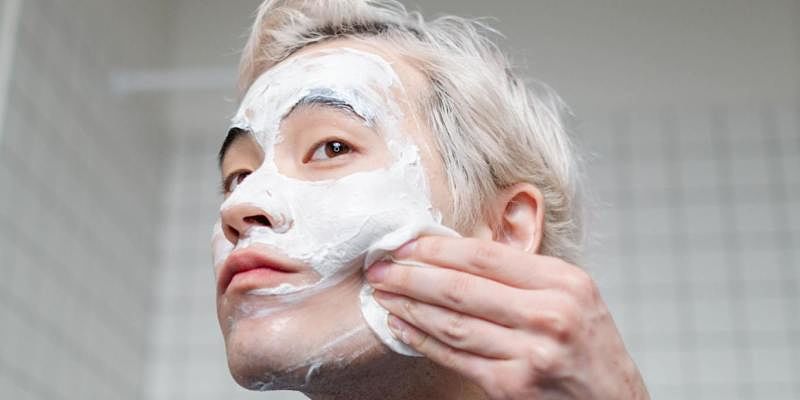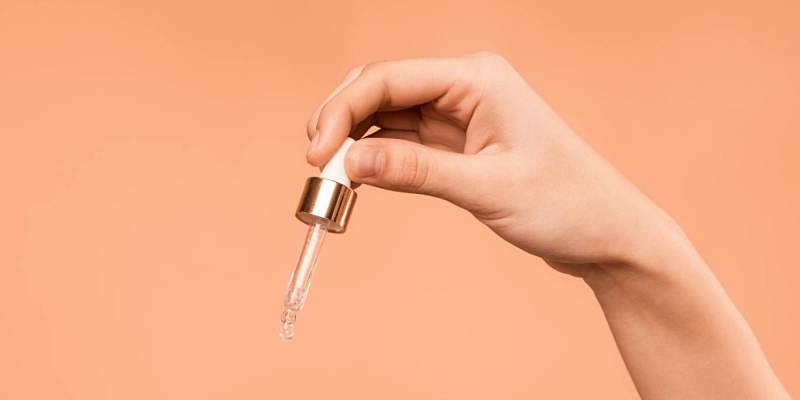How To Get Rid of Acne Scars
When it comes to acne scars skincare, no one single treatment is best. It's best to try a range of acne scars skincare, as well as specialised skin treatments. Firstly, throw out any products that damage the skin barrier, and keep your pores clean with a good cleanser. Ingredients such as salicylic acid, lactic acid, glycolic acid, niacinamide and vitamin A work well in combatting stubborn scars caused by acne. Additionally, it's always best to wear a sunscreen daily to prevent your scars getting worse.
Find out more in-depth information on how to clear acne scars below.
What Are Acne Scars?
Acne scars are unfortunately a common companion to acne itself. They are caused when acne finally bursts through the walls of the follicles, which leaves a minor lesion. Acne scars are extremely common but luckily usually require little to no treatment.However, if you suffer with quite serious acne, or have a compulsion to pick at your spots, acne scarring can occur more intensely and become more prominent. If this is the case for you, acne scars may affect your self-confidence and your ability to achieve everyday goals.
This article dives into the different forms that acne scars take, and we'll also offer expert advice on how to clear acne scars using acne scars skincare.

